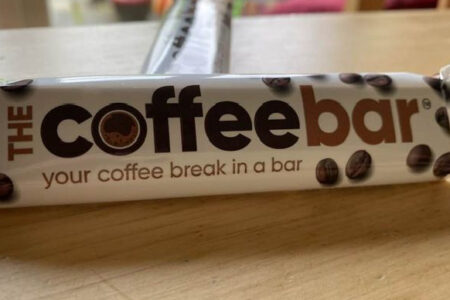Business confidence hangs in the balance as final countdown over Brexit trade deal continues

This past week, the UK’s Food and Drink Federation and Santander UK laid out the latest situation for the sector in terms of its performance, which brought cause for concern with a record low level of confidence for the quarter, that both organisations hoped would be offset with potential for exploring new markets around the world.
Despite British exports being down for the first half of the year by around 15% to £8.1 billion in total (chocolate was down by around 13% for the second quarter), there appeared to be a tone of cautious optimism being projected, with several key markets including the US, UAE and China cited as offering a financial lifeline amid a turbulent year that has seen a continued uncertainty prevail in markets throughout the world.
With the FDF having for some period led the charge calling for major government support for our export sector, these latest set of results underline the urgency of the situation that some of our key businesses really do need that backing now more than ever if they’re to emerge out of the other side of this pandemic.
To his credit, Ian Wright, the organisation’s chief executive hailed the ‘hidden heroes’ of those working on the frontline of manufacturing across the sector, noting that a swift return to economic growth amid the pandemic would be vital for the industry’s future sustainability, which he said would be achieved through working closely with government and industry partners.
While such aims seem entirely logical, the present situation regarding Brexit, that is still hanging by a knife-edge, as the government contemplates what it has admitted would be breaking an international treaty signed with the EU to enable it to trade in an unfettered border-free manner with Northern Ireland, there remains a great deal of uncertainty as to how much of the UK’s export trade will be conducted from the start of 2021.
Both the EU and UK have set themselves a deadline of the middle of next month to secure a revised trade deal with the end of the existing transition period coming to a close this December, resulting in Britain reverting to tariff-imposed trade with most of the rest of Europe (under World Trade Organization terms) should no agreement be found between the two sides.
With seven rounds of negotiations on top of four years of discussions seemingly hitting the buffers over British fishing rights, and the EU’s insistence on a so called ‘level playing field’ to ensure that the UK is not able to be more competitive than its members with any other global deals, there is an awful lot hinging on the outcome – 40% of British exports to be precise, and a highly valuable multi-billion food and drink sector along with its finely tuned logistics supply chains.
This of course includes many items within the confectionery and bakery market segments – many of whom are reliant on specialist ingredients and solutions sourced from within the EU – which we would no longer be in regulatory alignment with as of the end of December unless common ground can be found at this near 11th hour.
Caobisco, the European confectionery, chocolate and biscuits association is among those who have been lobbying to ensure dialogue continues between the two sides in what has become a protracted saga that has posed a wealth of challenges that most had barely envisaged a couple of years ago.
So, in the spirit of optimism expressed by the UK’s FDF organisation, let us hope that some sense prevails in these deliberations, for the sake of the British economy and those right across Europe and far further afield.
- Neill Barston, Confectionery Production editor.
Keep in touch at [email protected] or via social media: @confectionprod



